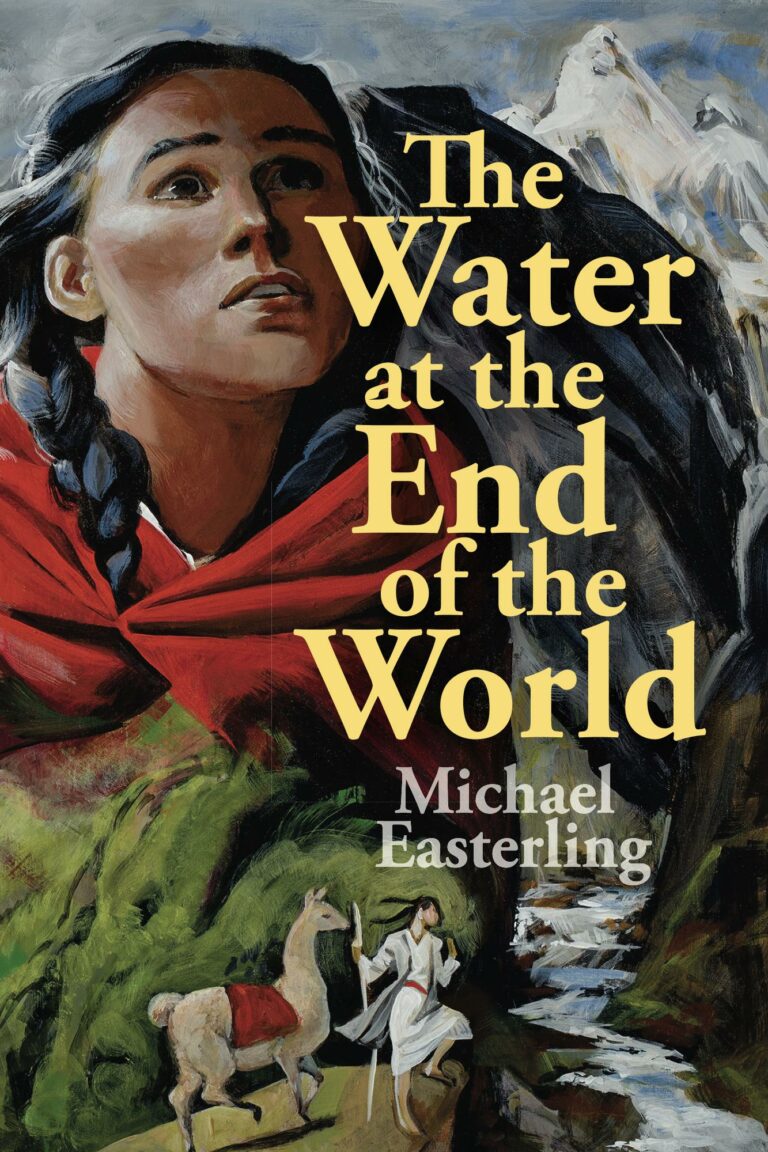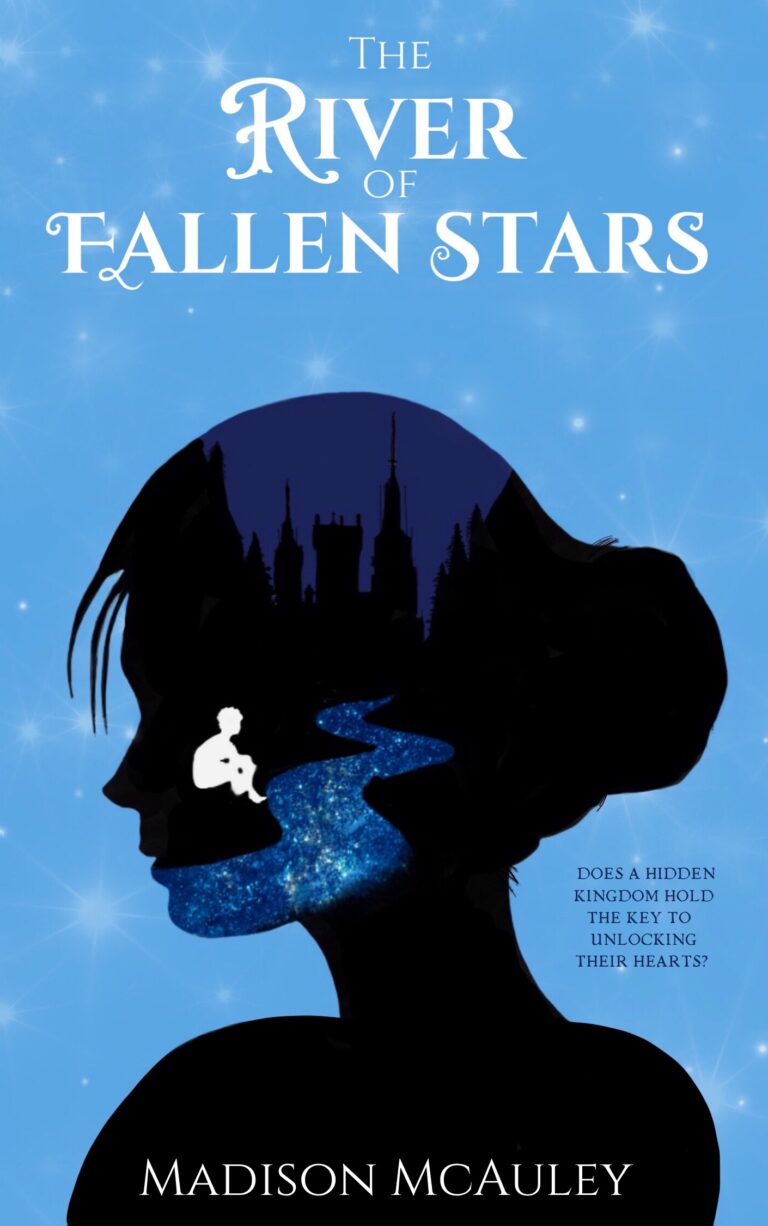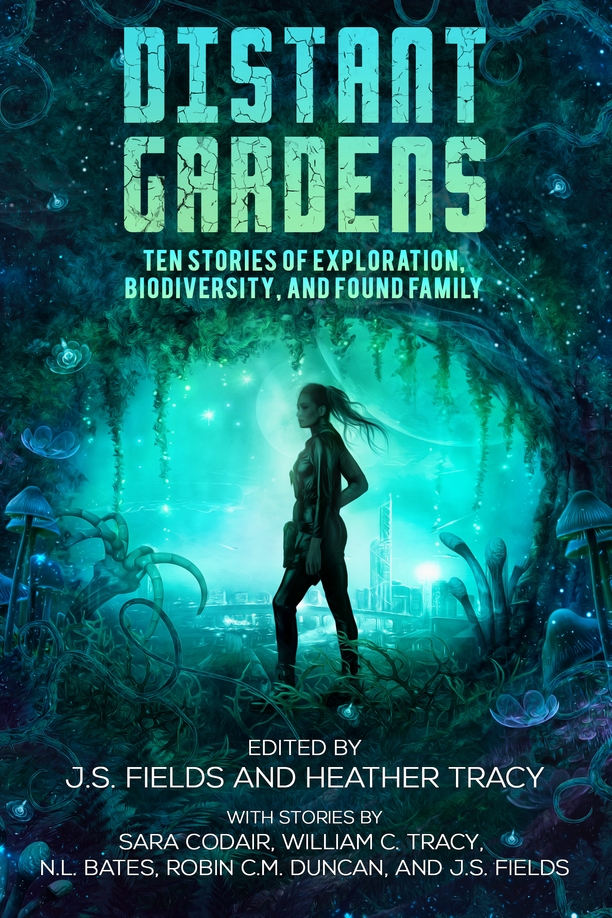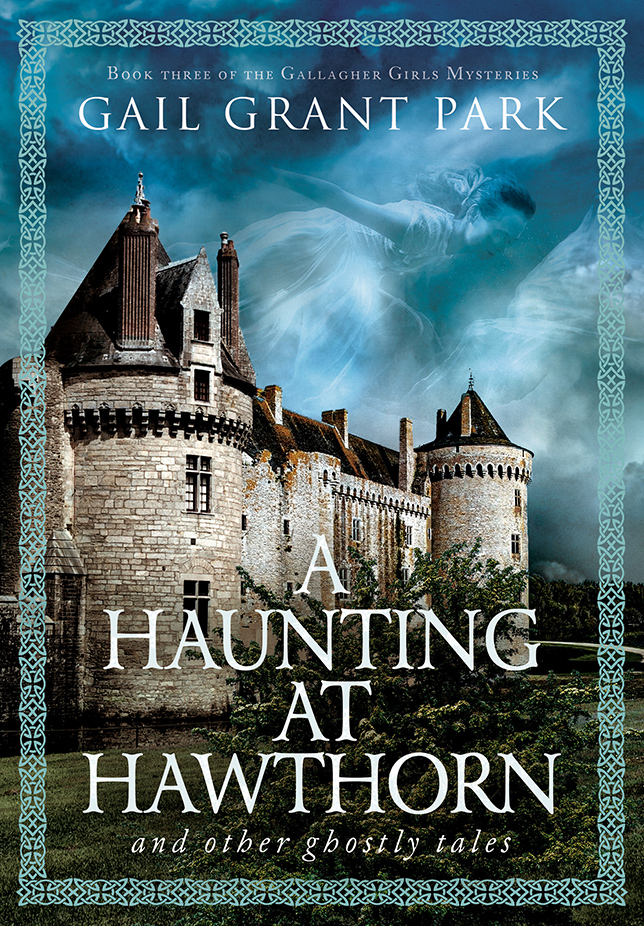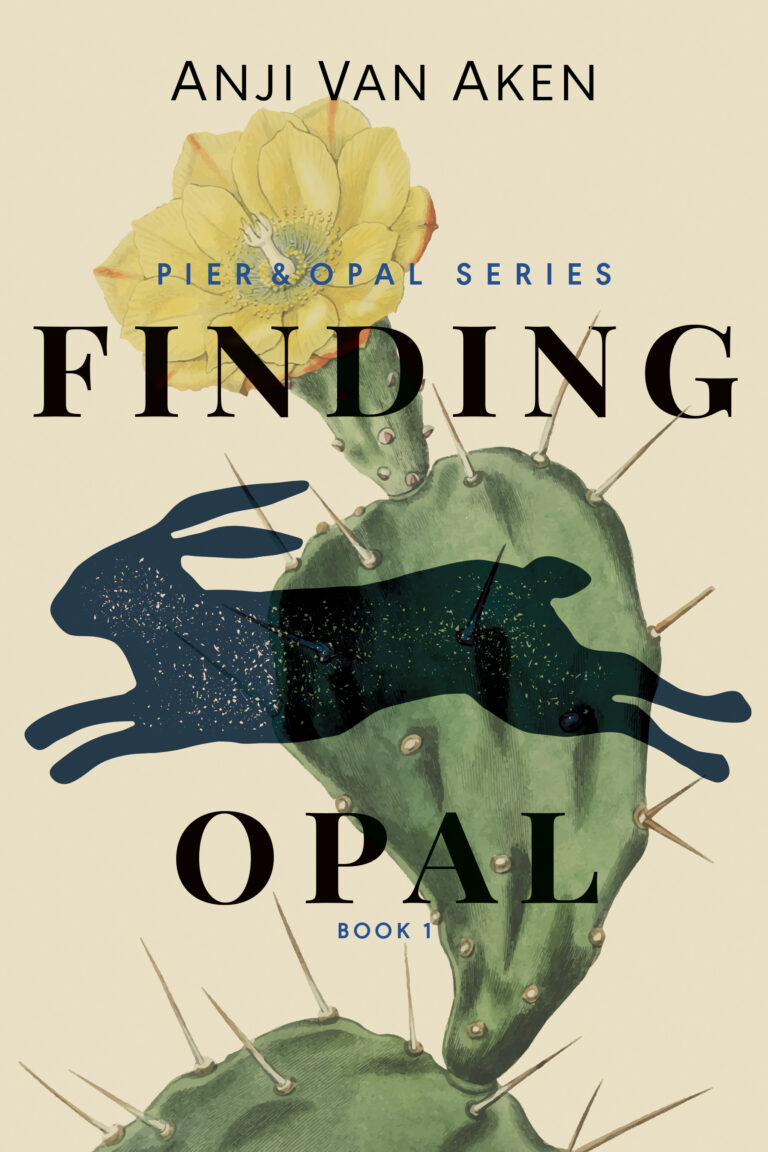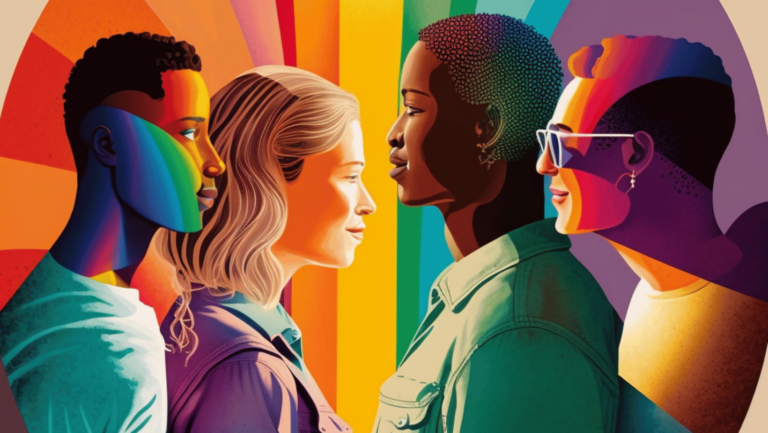For as long as literature has been formally studied, the question of who decides what counts as great writing has shaped classrooms, publishing trends, and cultural identity. Traditionally, a small network of critics, publishers, academics, and award committees determined which authors were recognized as essential – that is, whose works are taught, preserved, and widely regarded as culturally significant. But in the last decade, a notable shift has taken place: readers – everyday readers, often outside institutional structures – are increasingly shaping what becomes influential.
Some celebrate this change as overdue democratization. Others worry that quality, nuance, and long-term literary merit are now being overshadowed by popularity metrics. Both perspectives offer valuable insight into a rapidly evolving literary landscape.
The Rise of Reader Influence
The expansion of online platforms has played a central role. Social communities such as BookTok, Goodreads, online book clubs, and serialized fiction platforms have become modern arbiters of taste. Bestsellers today are frequently propelled not by traditional marketing but by reader hype, community recommendation loops, and viral momentum.
Advocates argue that this shift finally allows diverse voices to flourish. Instead of waiting for gatekeepers to validate them, authors from underrepresented backgrounds – or those writing unconventional forms – can find success through direct audience connection. Genres once dismissed as “commercial” or “niche” now receive serious attention and academic study, reflecting evolving reading habits and cultural values.
The result is a more porous boundary between literary and commercial fiction, in which emotional resonance, readability, and personal relevance hold equal weight to stylistic innovation.
Concerns About Popularity Over Craft
However, the growing power of reader-driven platforms also raises questions. Some critics worry that works rewarded by algorithmic amplification may not reflect long-term literary value. Popularity, they argue, does not necessarily correlate with depth, originality, or artistic significance.
There is also concern about homogenization. When recommendation systems favor trends, it can become difficult for quieter, slower, or more experimental works to gain visibility. These critics fear that what comes to be recognized as culturally important may be built around immediacy and virality rather than aesthetic merit or intellectual challenge.
Such worries are not new; debates around literary value have existed for centuries. The difference today is the scale and speed at which cultural momentum shifts.
A New Middle Ground?
Many scholars and publishers suggest that the current landscape is not a battle between readers and institutions, but rather a moment of recalibration. Instead of one group holding all authority, the conversation around literary value is becoming more participatory.
Readers bring emotional intelligence, personal experience, and community insight. Institutions offer historical context, critical frameworks, and long-term perspective. When both are engaged, literature benefits from increased diversity and sustained rigor.
This more pluralistic environment may produce a shared understanding of literary importance – one that acknowledges popularity without forfeiting critical standards, and one that responds to contemporary voices while retaining an appreciation for craft and innovation.
Cultural Value in Motion
Whether viewed with excitement or caution, the shift toward a reader-driven literary culture marks one of the most significant transformations in modern publishing. It challenges long-held assumptions about authority, expertise, and value. It raises questions that matter not only to authors and critics but to anyone who cares about the stories that shape a culture.
Perhaps the most compelling outcome of this moment is not the tension between popularity and literary merit, but the dialogue it creates. Literature, after all, thrives when more people feel empowered to participate in its shaping – and when the conversation itself becomes part of the art.
What makes a book valuable to you, and how much does emotional connection, cultural relevance, or popularity influence that value?
Follow us on Facebook and Instagram for more insights, and share your thoughts in the comments!


